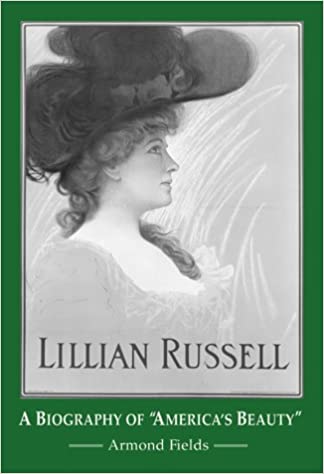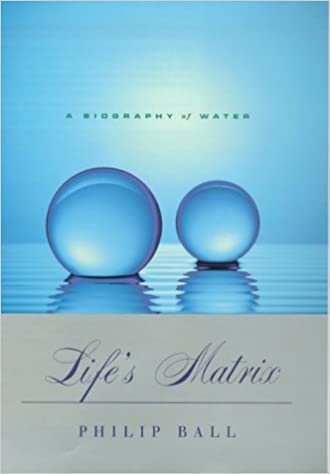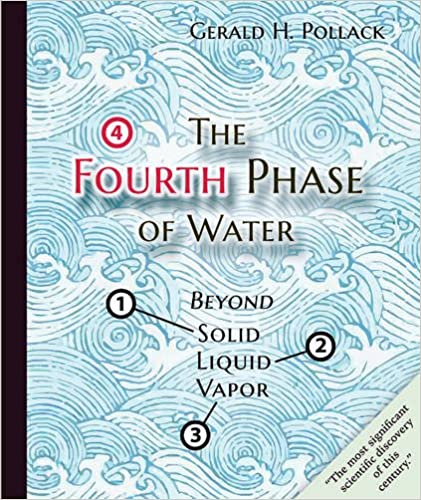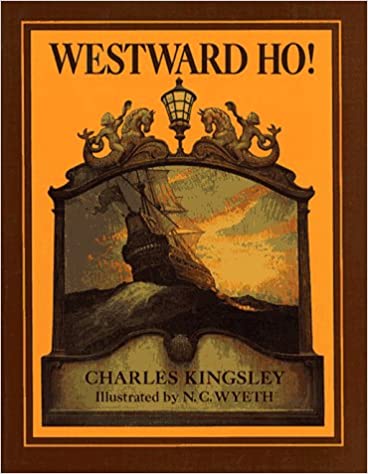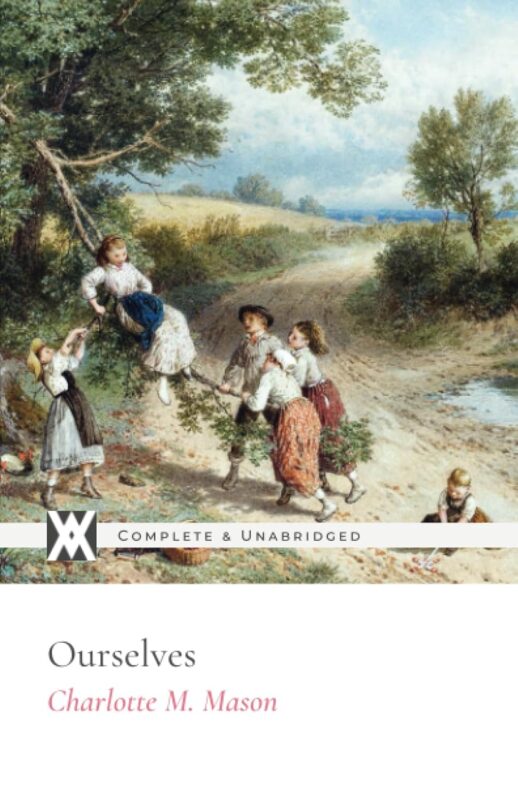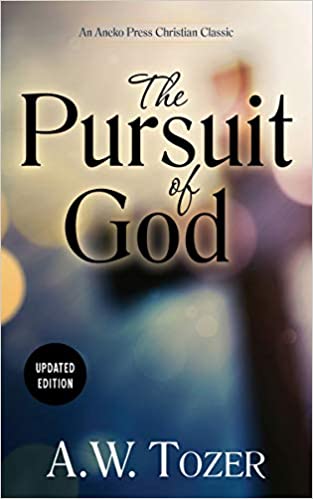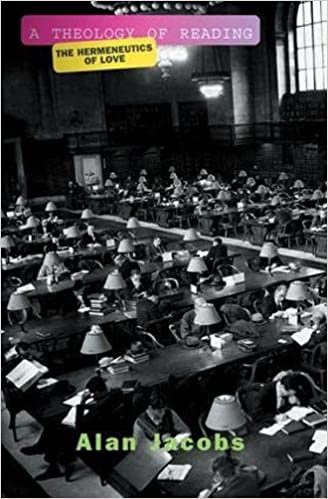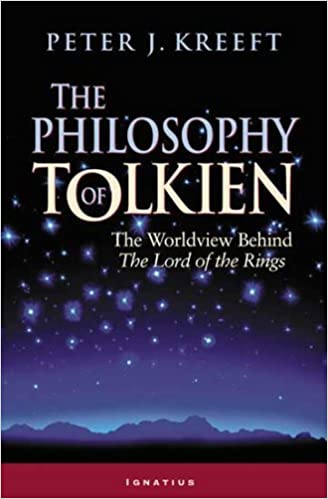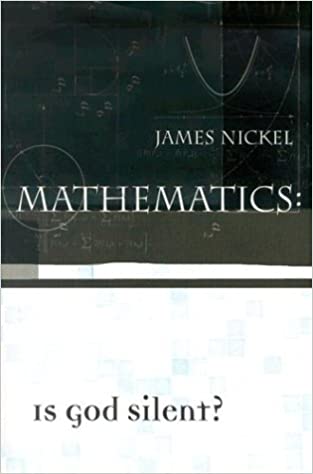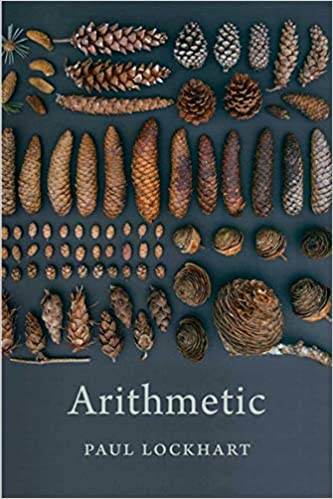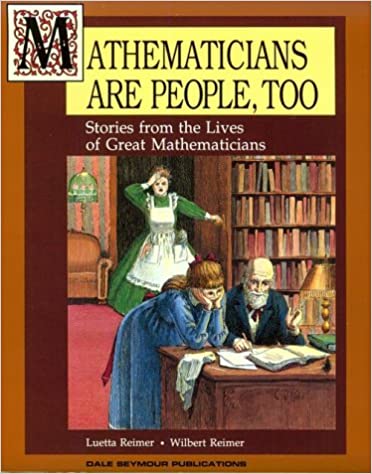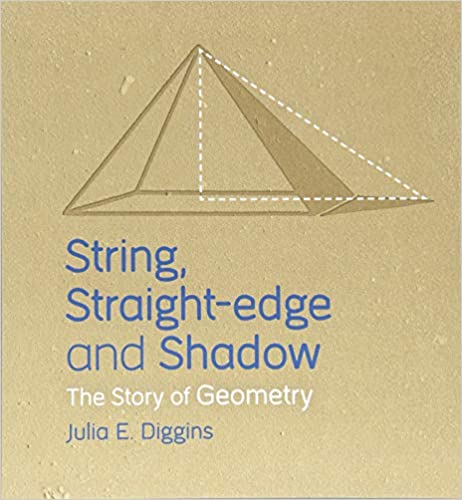Lillian Russell: A Biography of “America’s Beauty”
At a time when serious plays dominated the stages, Lillian Russell was one of the first to popularize musical theater. With her beauty, voice, and grace, she became the symbol of the new American woman. She used those attributes to attain power, social status and wealth, and then went on to become one of the earliest champions of women's equality. Her life and career are covered here in-depth.
More info →Life’s Matrix: A Biography of Water
Tells of water's origins, history, and fascinating pervasiveness, including, for example, fourteen forms of ice, and provides a provocative exploration of the possibility of water on other planets, which highlights the possibility of life beyond Earth.
More info →The Fourth Phase of Water
Professor Pollack takes us on a fantastic voyage through water, showing us a hidden universe teeming with physical activity that provides answers so simple that any curious person can understand. In conversational prose, Pollack lays a simple foundation for understanding how changes in water's structure underlie most energetic transitions of form and motion on earth.
More info →Westward Ho!
The magnificent paintings of N. C. Wyeth complement an action-packed saga of romance and seafaring adventure set against the dramatic backdrop of Elizabethan England, the battle of the Spanish Armada, and the exploration of North America.
More info →Charlotte Mason’s Ourselves (Book 4 of the Home Education Series)
Ourselves, the fourth volume of Charlotte Mason's Classic Homeschooling Series, is a character curriculum book written directly to children. Book I, Self-Knowledge, is for elementary school students; Book II, Self-Direction, is for older students. Self-Knowledge discusses our human desires and appetites; the "helpers" in our minds, such as intellect, sense of beauty, imagination, and reason; the ways in which we feel and express love for others, including sympathy, kindness, generosity, gratitude, courage, loyalty, and humilty; and truth, justice, and integrity; and ends by encourages children to develop the habit of being useful. Self-Direction is an in-depth discussion of the conscience and virtues such as temperance, chastity, fortitude, and prudence; the will and self-control; and the soul and its capacities, such as prayer, thanksgiving, faith, and praise. Charlotte Mason was a late nineteenth-century British educator whose ideas were far ahead of her time. She believed that children are born persons worthy of respect, rather than blank slates, and that it was better to feed their growing minds with living literature and vital ideas and knowledge, rather than dry facts and knowledge filtered and pre-digested by the teacher. Her method of education, still used by some private schools and many homeschooling families, is gentle and flexible, especially with younger children, and includes first-hand exposure to great and noble ideas through books in each school subject, conveying wonder and arousing curiosity, and through reflection upon great art, music, and poetry; nature observation as the primary means of early science teaching; use of manipulatives and real-life application to understand mathematical concepts and learning to reason, rather than rote memorization and working endless sums; and an emphasis on character and on cultivating and maintaining good personal habits.
More info →The Pursuit of God
To have found God and still to pursue Him is a paradox of love, scorned indeed by the too-easily-satisfied religious person, but justified in happy experience by the children of the burning heart. Saint Bernard of Clairvaux stated this holy paradox in a musical four-line poem that will be instantly understood by every worshipping soul:
We taste Thee, O Thou Living Bread,
And long to feast upon Thee still:
We drink of Thee, the Fountainhead
And thirst our souls from Thee to fill.
Come near to the holy men and women of the past and you will soon feel the heat of their desire after God. Let A. W. Tozer's pursuit of God spur you also into a genuine hunger and thirst to truly know God.
More info →A Theology Of Reading: The Hermeneutics Of Love
If the whole of the Christian life is to be governed by the "law of love"―the twofold love of God and one's neighbor―what might it mean to read lovingly? That is the question that drives this unique book. Through theological reflection interspersed with readings of literary texts (Shakespeare and Cervantes, Nabokov and Nicholson Baker, George Eliot and W. H. Auden and Dickens), Jacobs pursues an elusive quarry: the charitable reader.
More info →The Philosophy of Tolkien: The Worldview Behind The Lord of the Rings
While nothing can equal or replace the adventure in reading Tolkien’s masterwork, The Lord of the Rings, Peter Kreeft says that the journey into its underlying philosophy can be another exhilarating adventure.
Thus, Kreeft takes the reader on a voyage of discovery into the philosophical bones of Middle earth. He organizes the philosophical themes in The Lord of the Rings into 50 categories, accompanied by over 1,000 references to the text of Lord.Since many of the great questions of philosophy are included in the 50-theme outline, this book can also be read as an engaging introduction to philosophy. For each of the philosophical topics in Lord, Kreeft presents tools by which they can be understood. Illustrated.
Mathematics: Is God Silent?
This book revolutionizes the prevailing understanding and teaching of math. The addition of this book is a must for all upper-level Christian school curricula and for college students and adults interested in math or related fields of science and religion. It will serve as a solid refutation for the claim, often made in court, that mathematics is one subject, which cannot be taught from a distinctively Biblical perspective.
More info →Arithmetic
Because we have ten fingers, grouping by ten seems natural, but twelve would be better for divisibility, and eight is well suited to repeated halving. Grouping by two, as in binary code, has turned out to have its own remarkable advantages.
Paul Lockhart presents arithmetic not as rote manipulation of numbers―a practical if mundane branch of knowledge best suited for filling out tax forms―but as a fascinating, sometimes surprising intellectual craft that arises from our desire to add, divide, and multiply important things. Passionate and entertaining, Arithmetic invites us to experience the beauty of mathematics through the eyes of a beguiling teacher.
More info →Mathematicians Are People, Too: Stories from the Lives of Great Mathematicians
Volume One focuses on moments of mathematical discovery experienced by Thales, Pythagoras, Hypatia, Galileo, Pascal, and others. Volume Two dramatizes the lives of Omar Khayyam, Albert Einstein, Ada Lovelace, and others.
More info →String Straight-edge and Shadow
Please note that this Floris Books edition has been revised for UK and European notation, language and metric systems. From the early peoples who marvelled at the geometry of nature -- the beehive and bird's nest -- to ancient civilisations who questioned beautiful geometric forms and asked 'why', the story of geometry spans thousands of years. Using only three simple tools -- the string, the straight-edge and the shadow -- human beings revealed the basic principles and constructions of elementary geometry. Weaving history and legend, this fascinating book reconstructs the discoveries of mathematics's most famous figures. Through illustrations and diagrams, readers are able to follow the reasoning that lead to an ingenious proof of the Pythagorean theorem, an appreciation of the significance of the Golden Mean in art and architecture, or the construction of the five regular solids. This insightful and engaging book makes geometry accessible to everyone. Readers will be fascinated with how the knowledge and wisdom of so many cultures helped shape our civilisation today. String, Straight-edge and Shadow is also a useful and inspiring book for those teaching geometry in Steiner-Waldorf classrooms.
More info →
